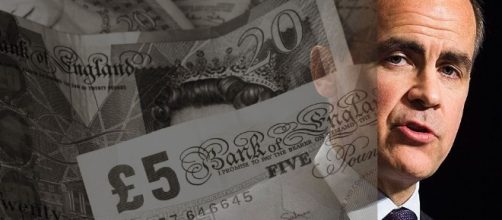The fall of the pound relative to other currencies in the aftermath of Brexit, was quickly politicised by many pro-EU commentators and analysts as the first taste of the economic damage which Brexit would wreak on the British economy. This is was of course, only after they had focussed earlier on the stock market which had fallen and then quickly bounced back and beyond, breaking market records in its ascent, proving that it was an unreliable economic bell-weather. However the falling pound need not be the omen of economic destruction that many have been predicted but instead a sign of better times to come.
Falling pound a boost to British economy
As the pound falls, imports become more expensive and exports become cheaper for overseas buyers. It has long be the mission of successive governments to energise the British economy through an export-led recovery and the falling pound is the perfect mechanism for achieving this aim. Already export sectors are reporting increased demand as their goods become relatively cheaper and as a result they are taking on more staff to cope. At the other end of the spectrum, those who had once imported their goods from abroad are now looking at British suppliers to fill the void, which once again directly benefits the UK economy. Whilst others have worried that Brexit would stain Britain in the eyes of the world as a racist, backward country, tourism has been increasing as Brexit opens more doors than its closes.
Solving decade old problems
The one clearly identifiable negative has been the rise in prices for goods which the British economy both cannot supply and cannot do with out, namely oil. Yet as with everything concerning the exchange rate, there are two sides to every story and environmental groups and renewable energy advocates support the relative rise in oil prices as it makes renewable energy a more attractive option to both consumers and governments, which will help Britain invest in the energy infrastructure of the future. For decades the British economy has been running a severe current account deficit with the rest of the world and despite several efforts from governments, it has failed to rectify the imbalance between imports and exports; the correction in the pound is having a discernable, positive effect on the current account deficit, the economy and on the living standards of the general, working population and ought to be celebrated rather than vilified for purely political purposes.

